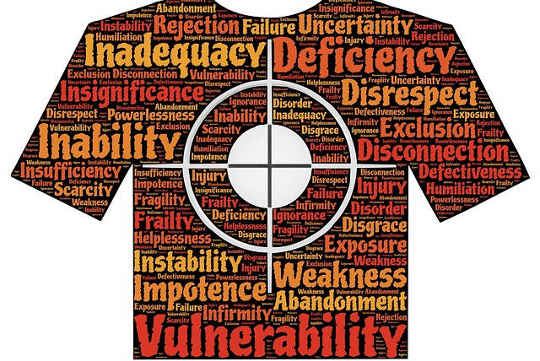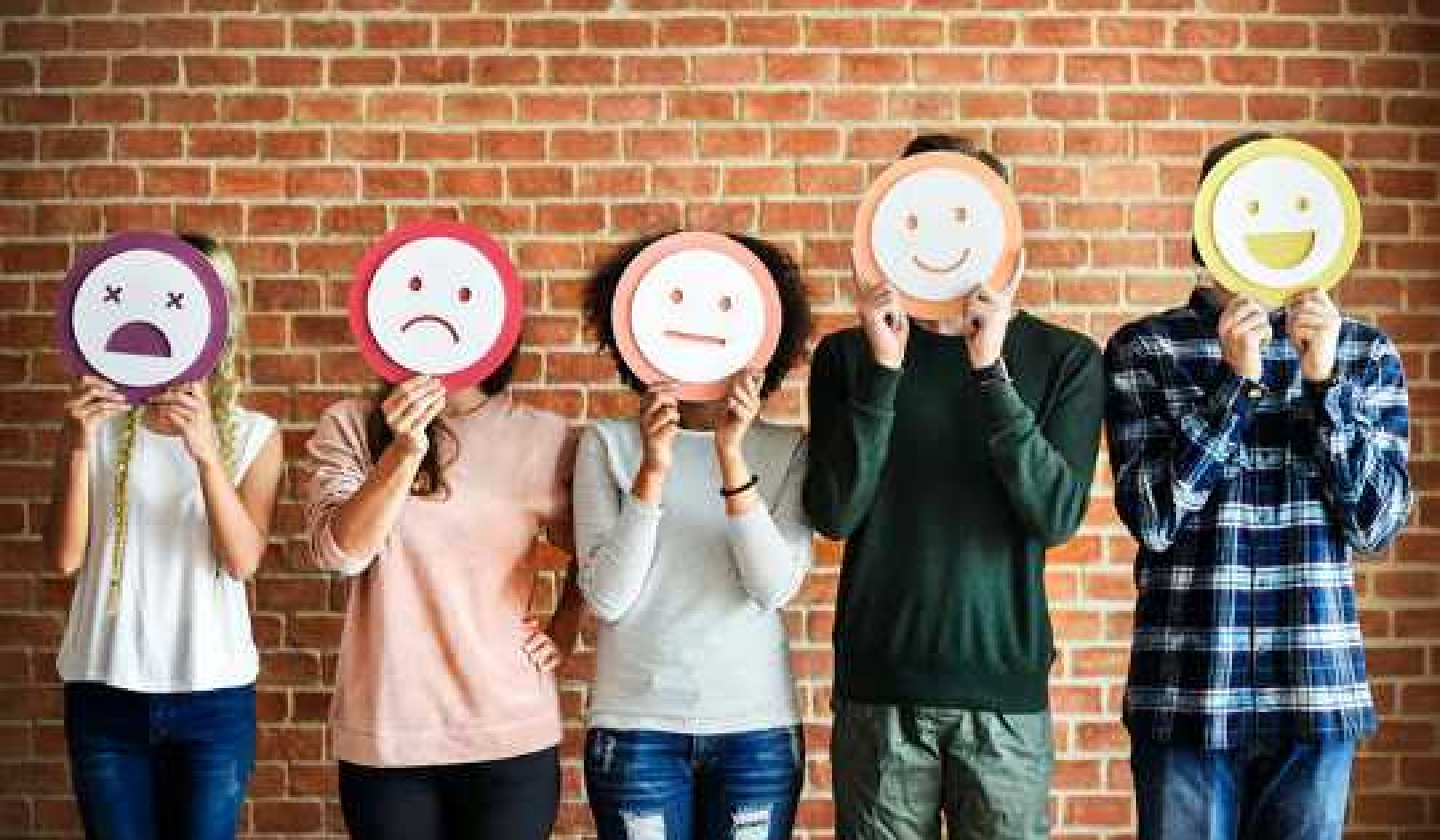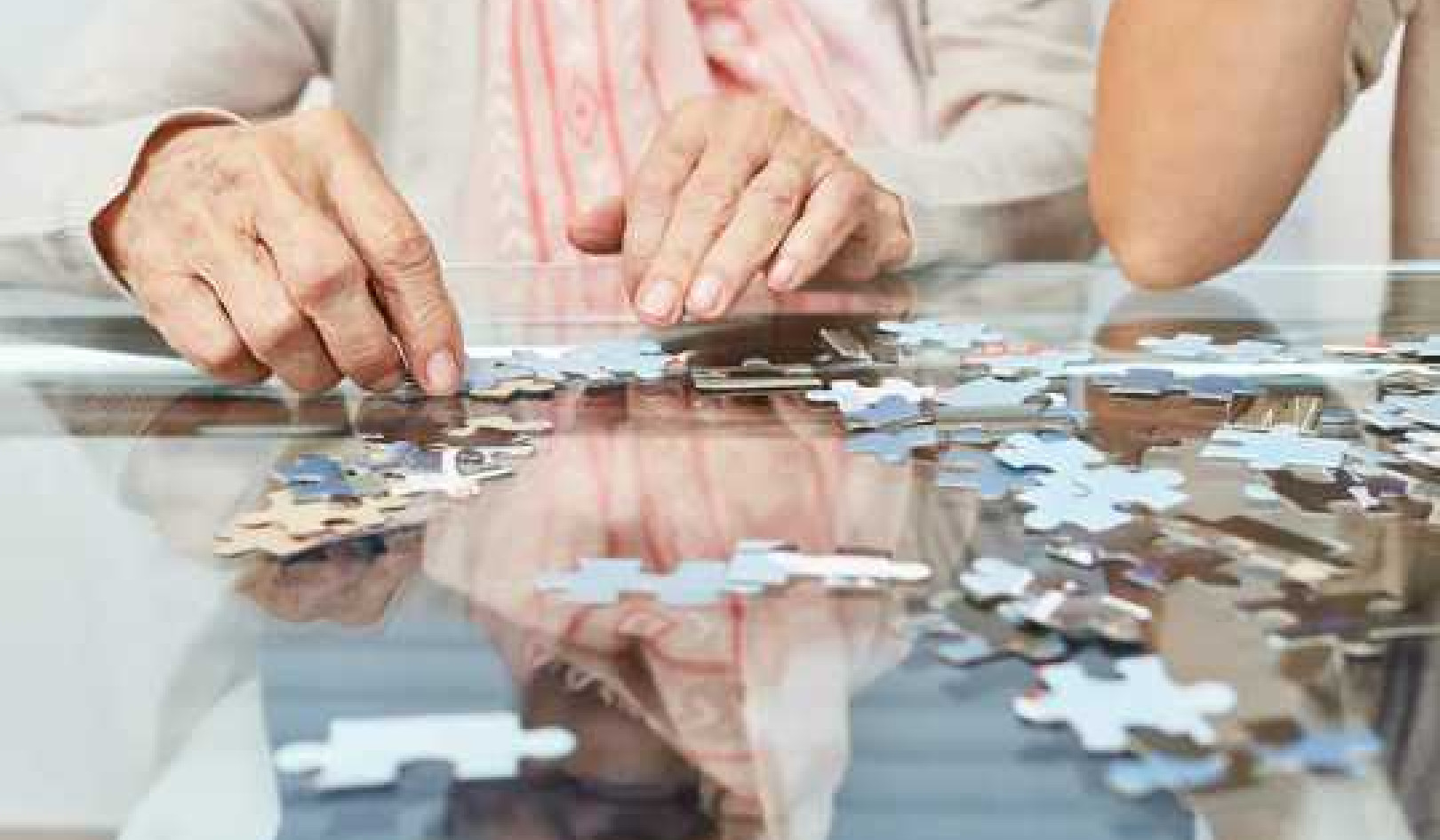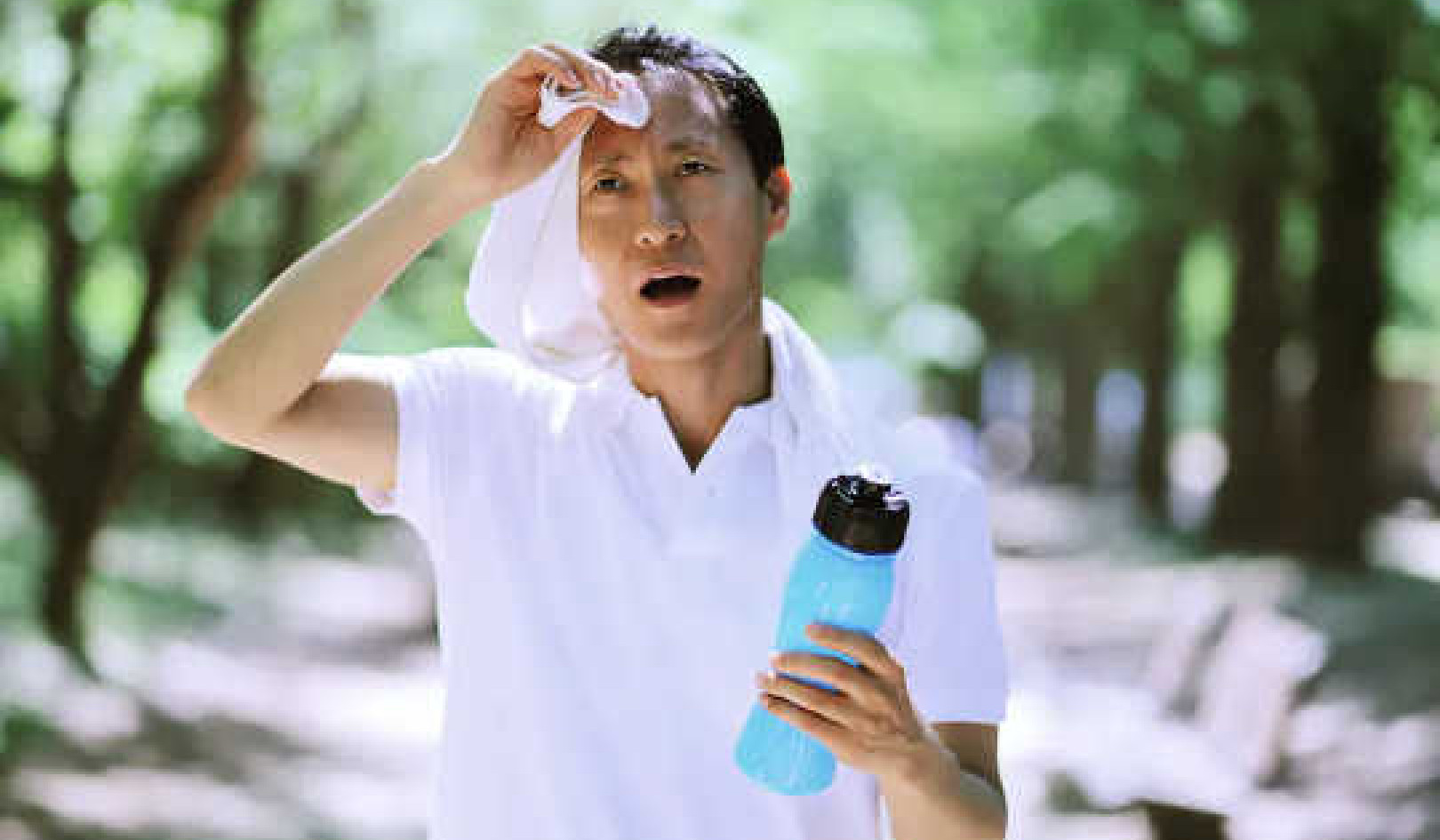
Stress can be defined as a reaction to any stimulus or interference that upsets normal functioning and disturbs mental or physical health. It can be brought on by internal conditions, such as illness, pain, emotional conflict, or psychological problems, or by external circumstances, such as bereavement, financial problems, loss of job or spouse, relocation, or many of the cancer-contributing factors such as ionizing radiation, geopathic stress, and electromagnetic fields.
Under emotional distress, the brain may signal the adrenal glands to produce chemicals called corticosteroids, hormones which weaken the immune response. Cancer-related processes are accelerated in the presence of these chemicals as well as other stress hormones like prolactin. Certain cancers have also been associated with distressing life events. In one study, the risk of developing breast cancer was five times higher if the woman had experienced an important emotional loss in the six years prior to the discovery of the tumor.
Toxic Emotions
Since the 1970s, research in the field of psychoneuroimmunology has documented direct links between emotions and biochemical events in the body, thereby establishing on a scientific basis what folk healers have always known: emotions can manifest themselves as physical symptoms. Noted women's health expert, Christiane Northrup, M.D., of Yarmouth, Maine, coined the term toxic emotions to indicate the powerful, strongly held, and often unconsciously active beliefs and emotions that help generate symptoms that keep illnesses in place. "A thought held long enough and repeated enough becomes a belief," says Dr. Northrup. "The belief then becomes biology." In the view of Dr. Northrup as well as other alternative practitioners working with cancer patients, beliefs and emotions can be legitimate toxins, contributing to an overall weakening of the immune system.
Although scientists have long debated the role of repressed emotions in cancer, at least three studies offer compelling evidence validating that role. In each of these studies, people were followed over time to determine their rates of disease in relation to various behaviors or exposures. Taken together, the results indicate a link between cancer resistance and emotional expression or its suppression.
Emotional repression may also influence one's survival from cancer -- that is, how well a cancer patient fares after being diagnosed. In eight separate studies of patients with various cancers, each reported a significant association between hopelessness or passive coping responses -- not taking an assertive position toward one's illness and recovery process -- and poor cancer survival rates.
The connection between emotional stress and cancer survival can be explained by recent findings in psychoneuroimmunology (PNI). Its research suggests that the persistence of cancer cells depends in part on internal body controls that retrain or stimulate tissue growth; psychological factors appear to regulate these controls through neurological, hormonal, and immunologic pathways. These and other mind/body links could play a major role in determining a person's ability to survive cancer and mind/body therapies should be employed to alleviate these psychological factors.
The Role of Emotions in Cancer
During the 1960s, psychotherapist Ronald Grossarth-Maticek administered questionnaires to 1,353 inhabitants of Crvenka, Yugoslavia. After following the subjects for a decade, Grossarth-Maticek concluded that nine out of ten cases of cancer could to predicted on the basis of "an overly rational, anti-emotional attitude" and a tendency to ignore signs of poor health. People with low anti-emotional scores were 29 times less likely to develop cancer than those with high anti-emotional scores.
Patrick Dattore and colleagues followed 200 disease-free individuals for ten years and compared the psychological tests of 75 veterans who eventually got cancer with the 125 who remained cancer free. Contrary to expectations, those who developed cancer appeared less depressed than the others; however, these same individuals were also more likely to suppress their more intense or upsetting feeling. Again, those who openly expressed their feelings were less likely to develop cancer.
The longest study to date, initiated in 1946, focused on students from the Johns Hopkins School of Medicine. Researchers divided 972 of the students into five groups based on various psychological measures. Over the course of three decades, students characterized as "loners" who suppressed their emotions beneath a bland exterior were 16 times more likely to develop cancer than those who gave vent to their feelings. In an earlier report, based on 1,337 students, cancer death rates correlated significantly with a lack of closeness with parents.
Reprinted with permission of the publisher,
©2000. AlternativeMedicine.com.
Visit their website at www.alternativemedicine.com.
Article Source
 Alternative Medicine Guide's Cancer Diagnosis - What to do next
Alternative Medicine Guide's Cancer Diagnosis - What to do next
by W. John Diamond, M.D. and W. Lee Cowden, M.D.
For more info or to order this book.
About The Authors
W. John Diamond, M.D., a board certified pathologist, has extensive training in alternative medicine, including in medical acupuncture, classical homeopathy, and neural therapy. He is currently the medical director of the Triad Medical Center in Reno, Nevada, associate and alternative medicine consultant to the Bakersfield Family Medicine Center and Heritage Physician Network in Bakersfield, California, medical director of Botanical Laboratories, and director of the Associated Complementary Medicine Research Group, both in Ferndale, Washington.
W. Lee Cowden, M.D. is board certified in internal medicine, cardiovascular disease, and clinical nutrition. Dr. Cowden is accomplished in applied kinesiology, electrodermal screening, homeopathy, reflexology, acupuncture, acupressure, biofeedback, and color, sound, neural, magnetic, electromagnetic, and detoxification therapies. Dr. Cowden now conducts clinical research and teaches alternative medicine at the Conservative Medicine Institute in Richardson, Texas.

























